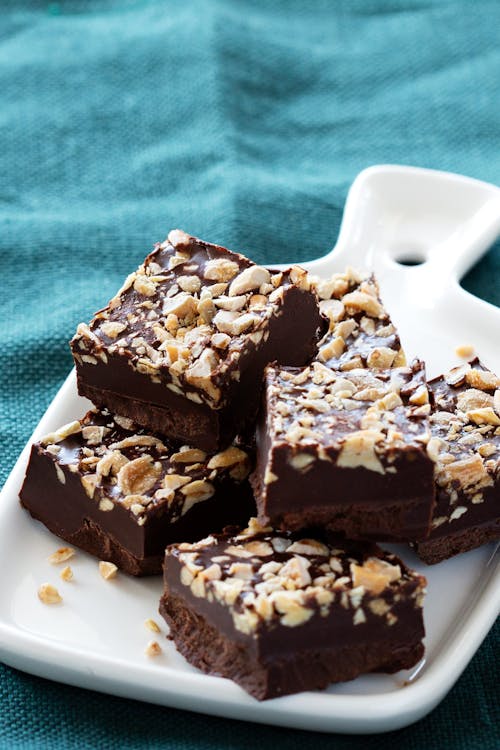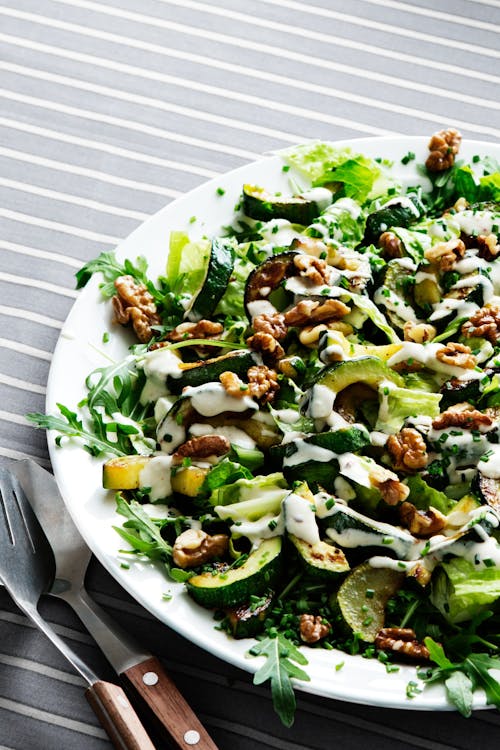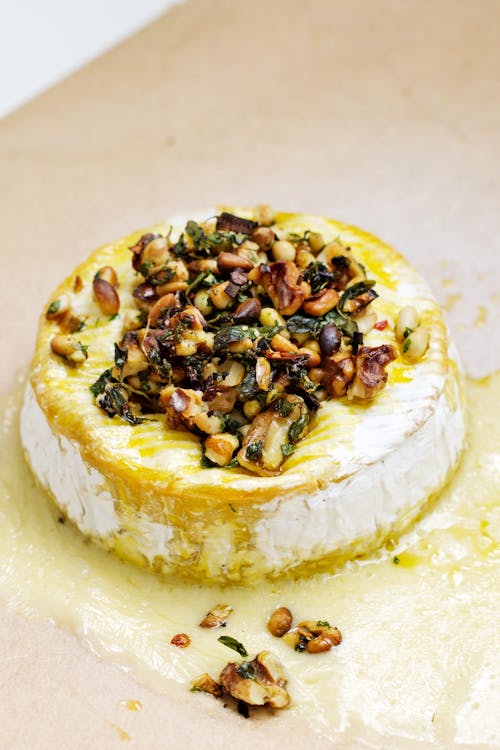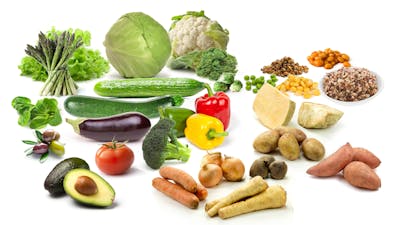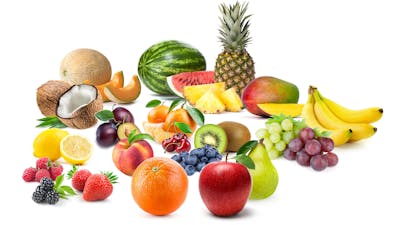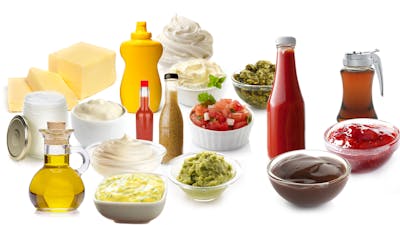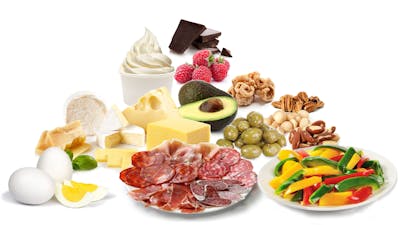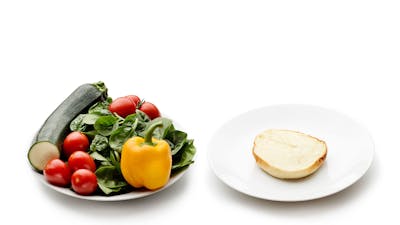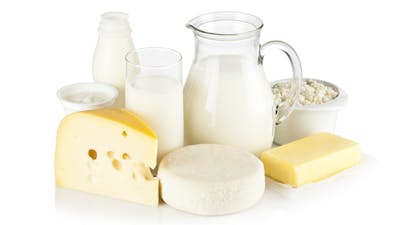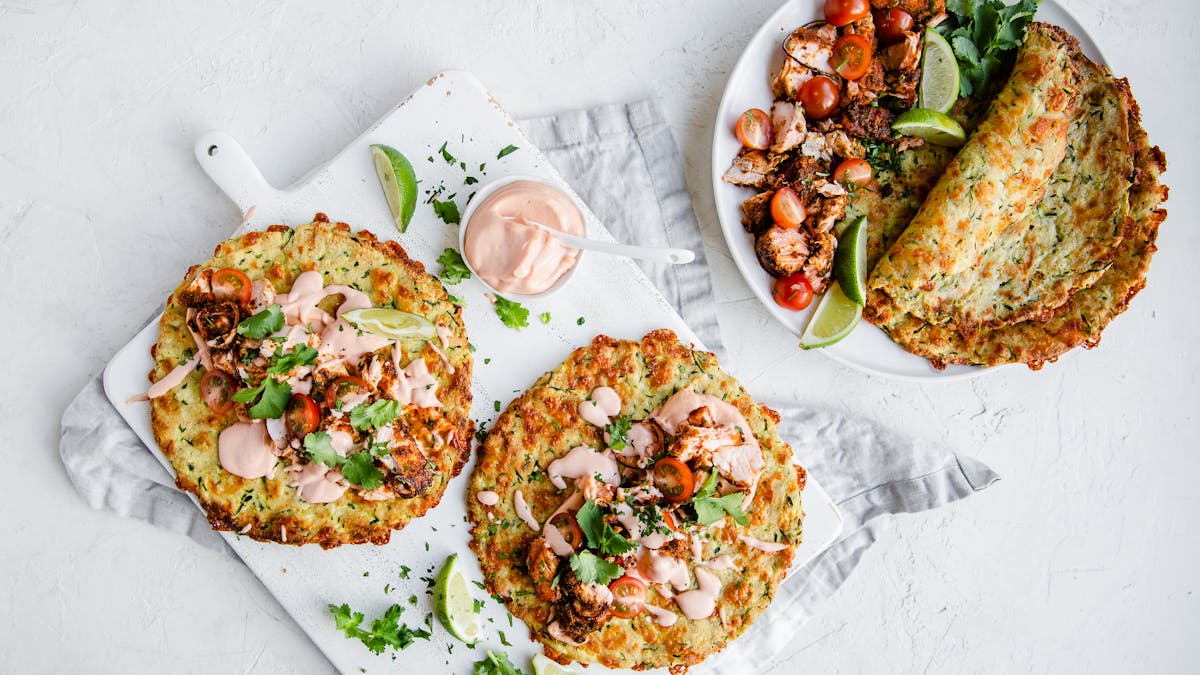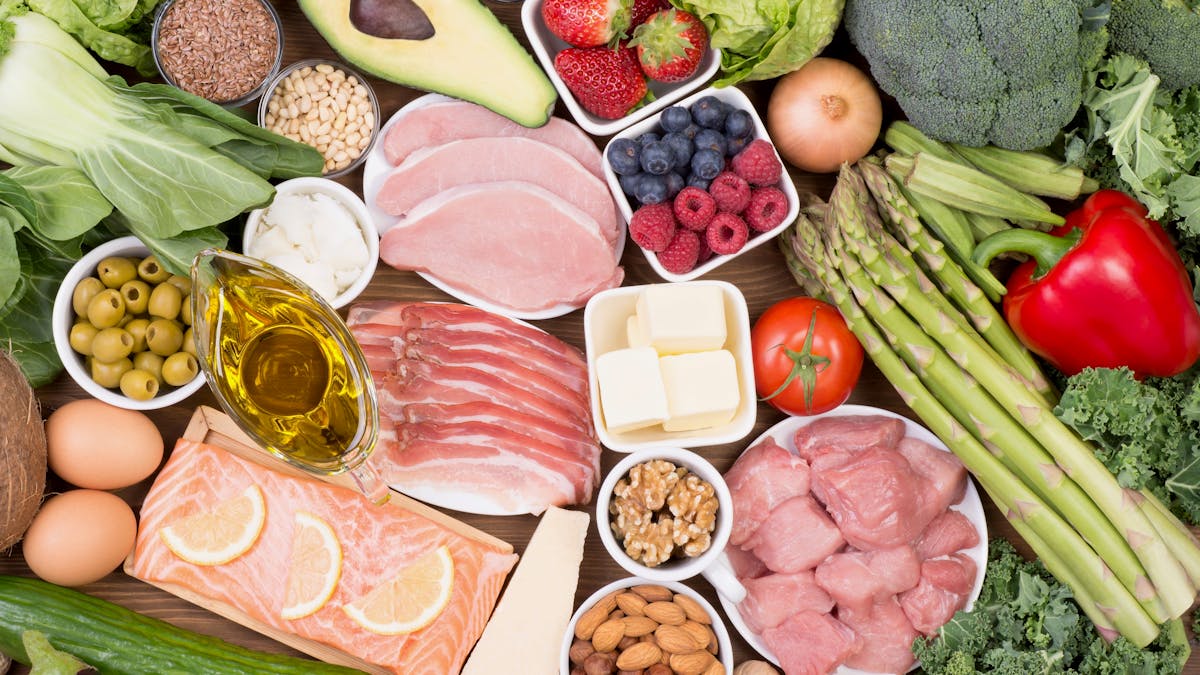Low carb nuts – the best and the worst
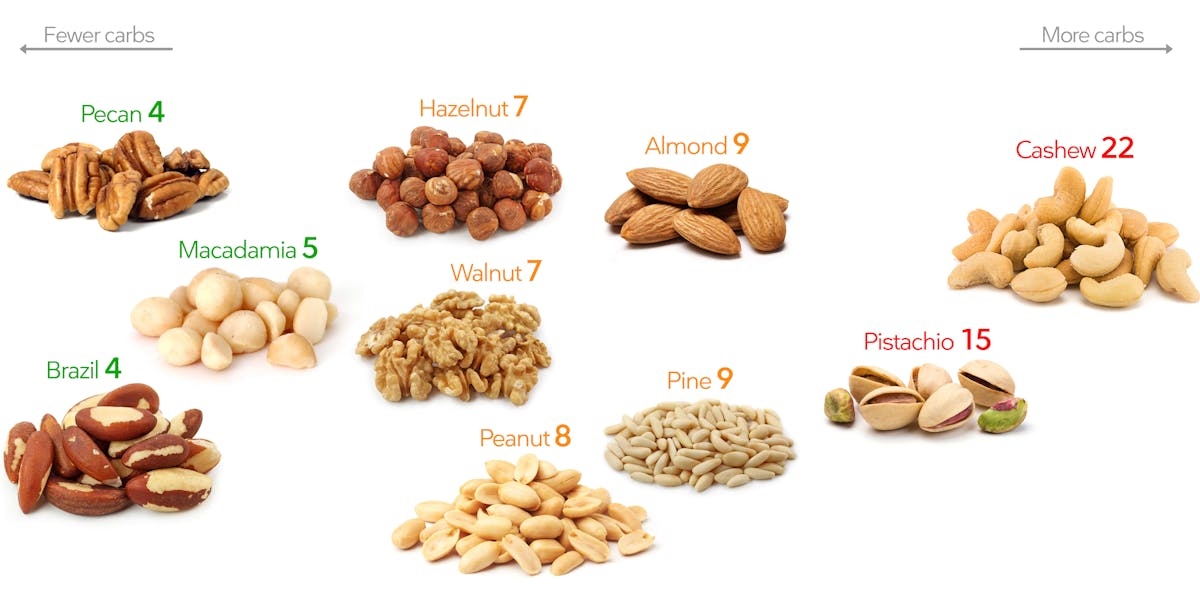
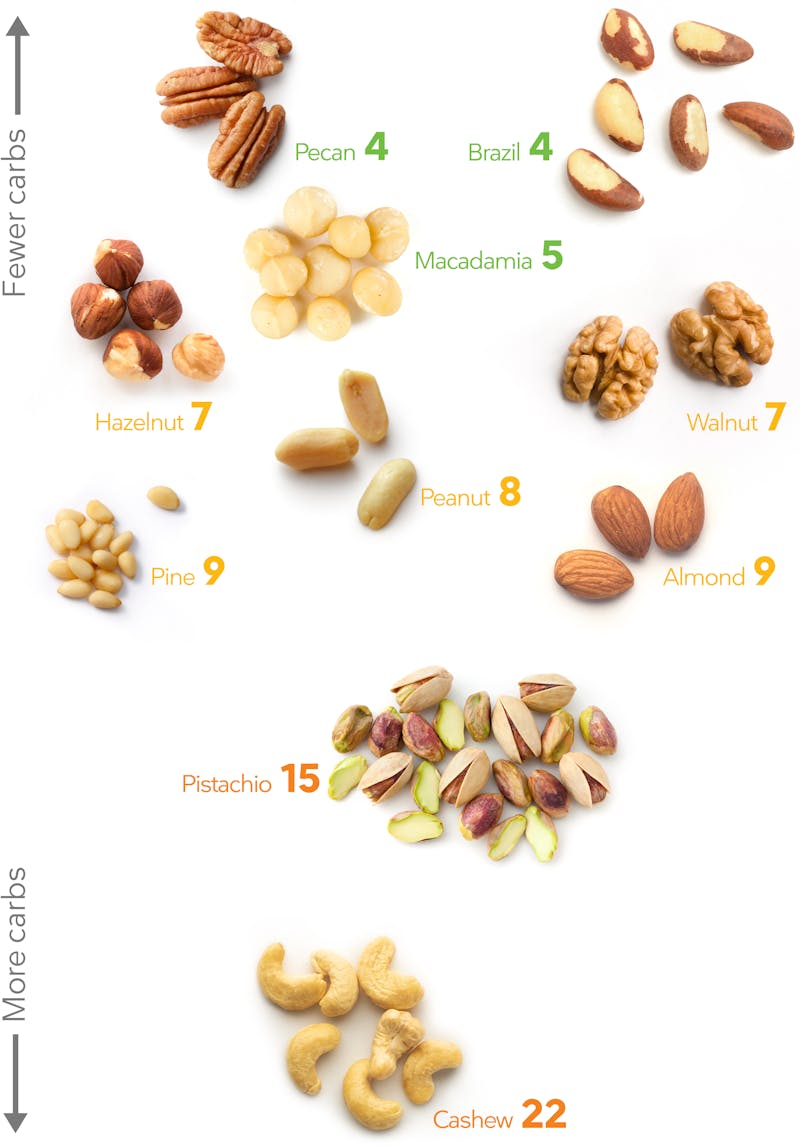
The best and the worst
All nuts provide healthy fats, vitamins, and minerals, and eating them may even help improve some heart disease risk factors.3 The carb counts of different nuts vary quite a bit, though.
The three lowest carb options are to the left – Brazil, macadamia and pecan nuts. These should be the first choices for nuts when following a low carb diet as they are low in carbs, high in fat, and most people find them delicious! Although, a word of caution about Brazil nuts. They are a fantastic source of selenium, and only one or two per day can supply you will all the selenium you need. Just don’t over do it! More than 20 could lead to selenium toxicity.
The group in the middle can be enjoyed in moderation by most people on low carb.
The worst options are to the right, pistachio and (especially) cashew nuts. Be very careful with these nuts if you’re trying to maintain a ketogenic diet, as the carb grams will quickly add up. Just two handfuls of cashews contain 20 grams, the daily allowance on a strict low carb diet.
Also, keep in mind that regardless of their carb counts, nuts are delicious and can be easy to overeat. So keep portions modest, especially if you want to lose weight.4
Salt and reward
Most people find that nuts taste better and get more rewarding when they are salted.5 Be aware that this can often result in eating far more nuts than you need to stop your hunger, something that can slow down weight loss.6
A good option is to just bring out a small bowl of nuts, not the entire bag.
Recipes
Here are our most popular low carb recipes featuring nuts.
Worse choices
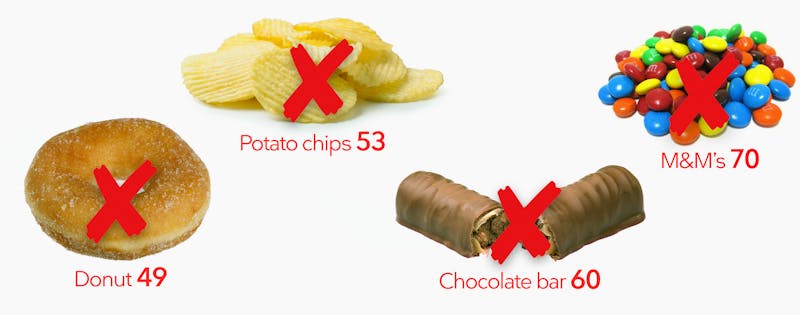


Of course all nuts are still better than most other snack options – like potato chips or candy. All nuts (even cashews) are much lower in carbs than these.
Top 7 low carb nuts



Here’s our list of the top 7 low carb nuts, ranked by the amount of carbs.
- Pecan nuts – 100 g (3½ ounces or about three handfuls) contains 4 grams of net carbs.
- Brazil nuts – 100 g contains 4 grams of net carbs.
- Macadamia – 100 g contains 5 grams of net carbs.
- Hazel nuts – 100 g contains 7 grams of net carbs.
- Walnuts – 100 g contains 7 grams of net carbs.
- Peanuts – 100 g contains 8 grams of net carbs.
- Almonds – 100 g contains 9 grams of net carbs. Almonds can also be ground into almond flour. Its neutral flavor makes it a good substitute for high carb flours, and it’s used in many low carb recipes for bread or even pizza.
Return to the top of the low carb nuts guide
Similar guides
More
Start your FREE 7-day trial!
Get instant access to healthy low carb and keto meal plans, fast and easy recipes, weight loss advice from medical experts, and so much more. A healthier life starts now with your free trial!
Start FREE trial!
Low carb nuts – the best and the worst - the evidence
This guide is written by Dr. Andreas Eenfeldt, MD and was last updated on June 19, 2025. It was medically reviewed by Dr. Bret Scher, MD on March 21, 2022.
The guide contains scientific references. You can find these in the notes throughout the text, and click the links to read the peer-reviewed scientific papers. When appropriate we include a grading of the strength of the evidence, with a link to our policy on this. Our evidence-based guides are updated at least once per year to reflect and reference the latest science on the topic.
All our evidence-based health guides are written or reviewed by medical doctors who are experts on the topic. To stay unbiased we show no ads, sell no physical products, and take no money from the industry. We're fully funded by the people, via an optional membership. Most information at Diet Doctor is free forever.
Read more about our policies and work with evidence-based guides, nutritional controversies, our editorial team, and our medical review board.
Should you find any inaccuracy in this guide, please email andreas@dietdoctor.com.
Net carbs = total carbs minus fiber. Fiber isn’t counted because it isn’t digested and absorbed into the bloodstream:
Nutrients 2010: Effects of dietary fiber and its components on metabolic health [overview article; ungraded]
↩Some information on how we determine which numbers to use for net carb counts: generally we look in multiple nutritional databases, and when there are major discrepancies, we aim for an average of plausible numbers. Here are two examples:
Pistachios: USDA says 16.6, CoFID 8.2, German database 11.6, a review on pistachios 14.9-17.7, Danish database 17.7. We conclude that 15 may be a good average.
Cashews: USDA says 26.9, CoFID 18.1, German database 22.2. The USDA database may sometimes have problems with net carbs (carbs are defined as “carbohydrate by subtraction”). This review on cashwes says 20.5. We take an average of these four numbers (26.9+22.2+18.1+20.5)/4=21.9, or 22 grams. ↩
Nutrients 2017: Nuts and human health outcomes: a systematic review [strong evidence] ↩
In studies, overweight people who eat a lot of nuts seem to end up eating more overall:
Critical Reviews in Food Science and Nutrition 2018: Effect of nuts on energy intake, hunger, and fullness, a systematic review and meta-analysis of randomized clinical trials [strong evidence]
However, the science is mixed as other studies report either beneficial weight loss with eating more nuts, or at least no association with weight gain. Much of the difference may have to do with what the nuts replace. If you replace higher carb, higher sugar, more processed foods with nuts, then that is likely a net benefit. But if you are following a low carb, healthy diet, excessive nut consumption may slow down weight loss.
Advances in Nutrition 2021: Intake of Nuts or Nut Products Does Not Lead to Weight Gain, Independent of Dietary Substitution Instructions: A Systematic Review and Meta-Analysis of Randomized Trials [strong evidence]
BMJ Nutrition, Prevention, and Health 2019: Changes in nut consumption influence long-term weight change in US men and women [nutritional epidemiology study, very weak evidence]
↩Medical Hypotheses 2009: The Salted Food Addiction Hypothesis may explain overeating and the obesity epidemic [overview article; ungraded] ↩
Frontiers in Psychology 2014: Food cravings, appetite, and snack-food consumption in response to a psychomotor stimulant drug: the moderating effect of “food-addiction” [overview article; ungraded] ↩

